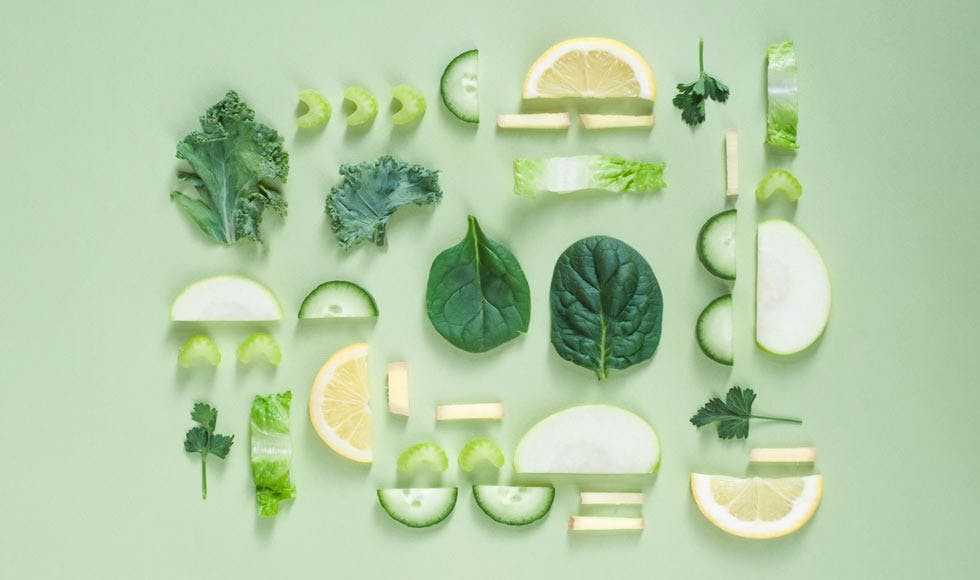
- Health hub/
- Tips & Advice on Improving your Digestive Health/
- Why detox is good for digestion


There are some great detox programs out there with varying degrees of restriction and regime, but be wary of programs promising quick fixes with severe food restrictions that do not support a nutritious diet.
A responsible detox program will focus on supporting the digestive organs. Why? Because the digestive tract is one of the main organs of elimination. If your digestive processes are feeling a bit below par, and you like the sound of cleansing and re-energising, then maybe a detox is right for you.
Dietary restriction – lightening the load
Most detox programs involve some form of dietary restriction. The main purpose of this is to reduce those substances that are likely to either increase the work load of the digestive organs or cause them irritation.
Usually the foods or substances that are restricted are alcohol, cigarettes, caffeine and other drugs, fatty foods, processed foods and potential allergens or foods likely to cause intolerances.
Common food allergens include the proteins in cow’s milk, eggs, peanuts, wheat, soy, fish, shellfish and tree nuts. Common intolerances include lactose (a sugar in dairy products) and food additives. Many detox programs recommend avoiding these foods and substances, even if you have no known allergy or intolerance, in order to eliminate any potential low grade irritation to the digestive organs. Dietary restriction may help the digestive tract to enjoy a slower pace of existence for a while, and allow it to ‘rest and digest.’
Cleansers and digestive stimulants
A detox program would not be complete without focusing on foods and remedies that have a digestive cleansing and stimulating effect.
Traditionally, foods high in fibre and as close to their natural state as possible (eg fresh fruits and vegetables and whole grains) are recommended during a detox. In addition, herbal remedies are often used to improve the function of specific digestive organs.
Bitter herbs such as gentian and angelica are used to stimulate gastric juice secretion and act as a digestive tonic. Liver-cleansing herbs such as dandelion root, milk thistle and globe artichoke increase the liver’s production and flow of bile, which aids liver detoxification and helps to break down fat in the small intestine.Plant remedies such as senna, buckthorn, linseeds and psyllium husks may also be used to cleanse the colon.
Nourish and restore
As well as cleansing and improving digestive function, many detox programs recommend probiotics (or good bacteria) to restore the balance of bugs in the small and large intestines. These helpful little critters can improve uncomfortable digestive symptoms such as bloating and even potentially ease mild diarrhoea caused by travel or antibiotic therapy.
References available on request




